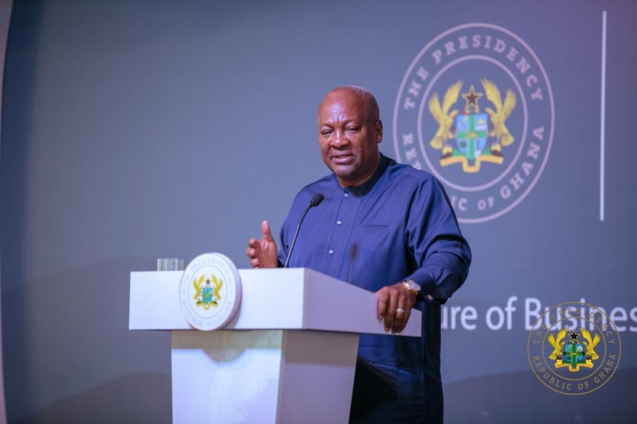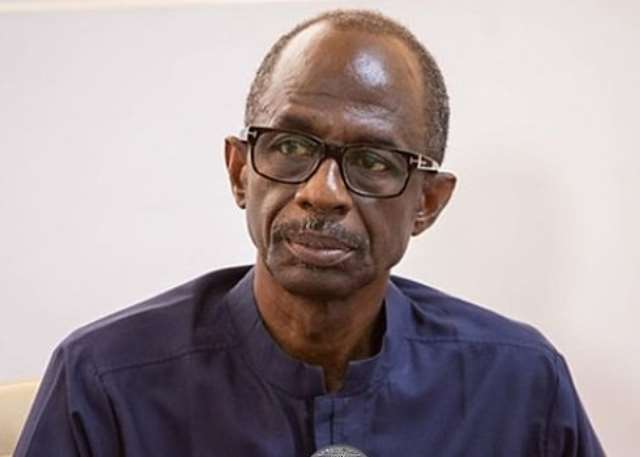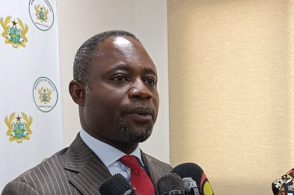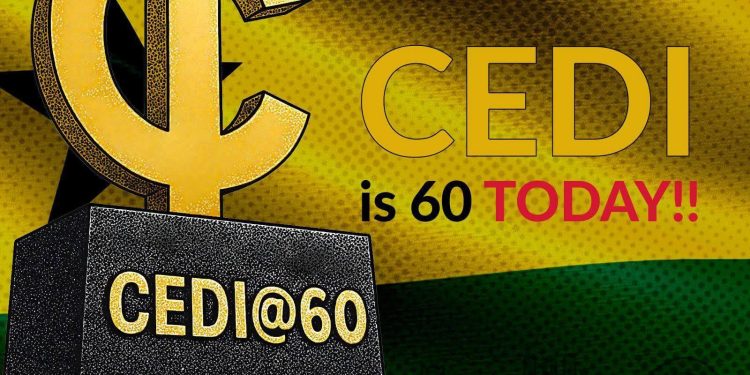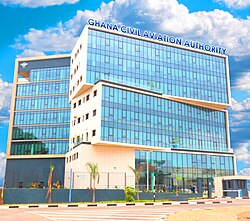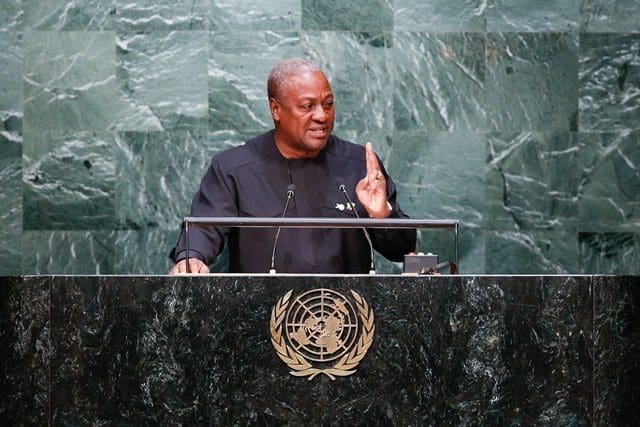President John Dramani Mahama’s recent working visit to Japan, which coincided with the Ninth Tokyo International Conference on African Development (TICAD 9), has yielded a slate of high-impact agreements aimed at strengthening Ghana’s economic and technological infrastructure.
In what government officials are calling a pivotal diplomatic engagement, Mahama chaired two plenary sessions during the summit, using the platform to articulate a reform-driven vision for Ghana’s future. The trip, part of a broader strategy to reassert Ghana’s global influence, appears to have delivered concrete outcomes across several sectors.
Foreign Affairs Minister Samuel Okudzeto Ablakwa, in a statement posted Sunday, highlighted the revival of the long-stalled Volivo–Dorfor Adidome Bridge project. The infrastructure initiative—critical for connecting communities across the Volta River—will receive immediate co-financing from both the Ghanaian and Japanese governments.
Among the major agreements signed:
- Infrastructure Development: Launch of the Kumasi Inner-City Ring Road Project, slated to commence in the coming months.
- Automotive Sector: Toyota will expand its footprint in Ghana, positioning the country as its primary West African manufacturing and distribution hub.
- Space Science Collaboration: A bilateral framework for space cooperation aimed at leveraging satellite technology and research for national development.
- Youth Innovation and Training: A major initiative targeting 300,000 young Ghanaians, offering training in artificial intelligence, green technology, biotech, and agritech.
- Agricultural Investment: Japan will provide $100 million in financing for new agricultural projects, alongside enhanced technical cooperation in rice production.
- Industrial Partnership: Ghana is positioned to benefit from Japan’s proposed $1.5 billion short-term investment across Africa, with discussions focused on industrialization and manufacturing.
President Mahama described the engagements as a “turning point” in Ghana-Japan relations. He referenced Dr. Hideyo Noguchi—a Japanese scientist who died in Ghana nearly a century ago—as a symbol of the enduring ties between the two nations.
“Ghana is back on the global stage to inspire and strike strategic partnerships for our collective progress,” Mahama said, framing the outcomes as part of a broader geopolitical repositioning effort.
The agreements are expected to contribute significantly to Ghana’s growth trajectory, with observers noting that Tokyo’s renewed interest in Accra reflects a broader pivot toward deeper engagement with Africa’s emerging economies.



